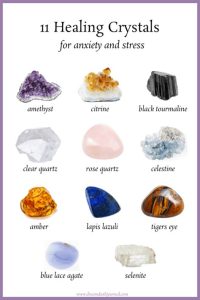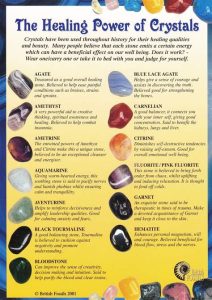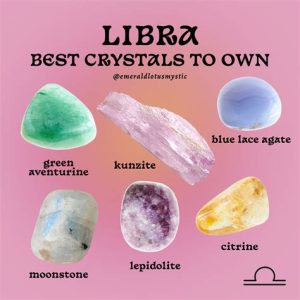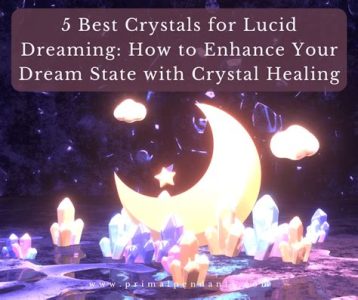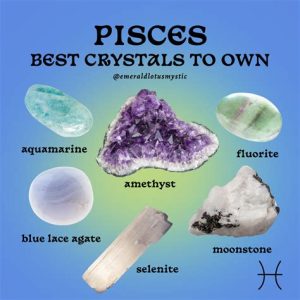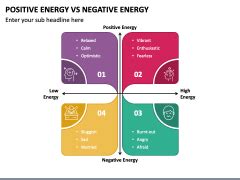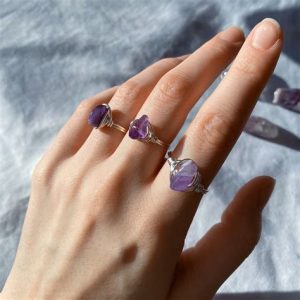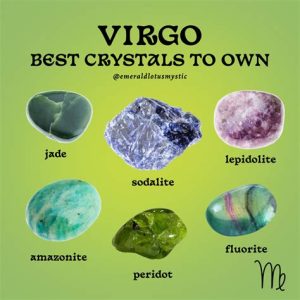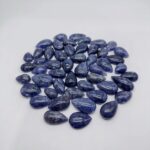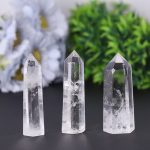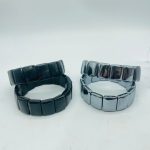Crystals have gained immense popularity in recent years, with people from all walks of life using them for various purposes, including healing, meditation, and jewelry making. However, one of the most common questions that arise is: how much do crystals cost?
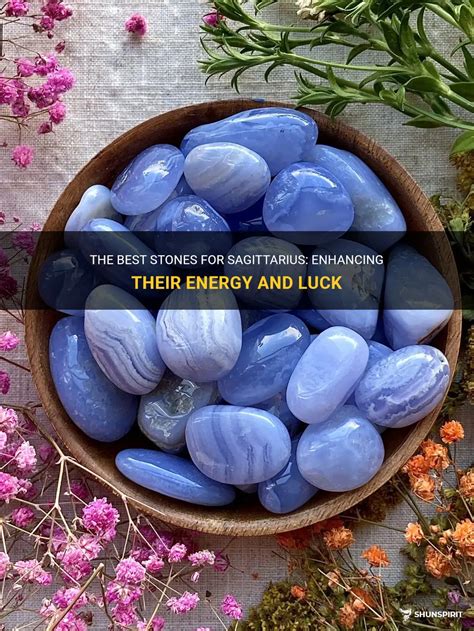
This comprehensive guide explores the factors that influence crystal pricing and provides a detailed breakdown of the costs associated with different types of crystals.
Factors Affecting Crystal Cost
Several factors play a role in determining the cost of a crystal, including:
- Type of crystal: Different types of crystals have varying values based on their rarity and desirability. Some of the most expensive crystals include diamonds, rubies, and emeralds, while more common crystals, such as quartz and amethyst, are more affordable.
- Size and weight: Larger and heavier crystals typically cost more than smaller and lighter ones. This is because larger crystals require more material and time to extract and process.
- Quality: The quality of a crystal is also a major factor in determining its price. Higher-quality crystals with fewer inclusions and blemishes are more valuable than lower-quality crystals.
- Cut and shape: The cut and shape of a crystal can also affect its price. Crystals that are cut and shaped into specific designs, such as cabochons or faceted gems, are generally more expensive than rough or uncut crystals.
- Source: The source of a crystal can also influence its price. Crystals that are mined from ethically and sustainable sources are often more expensive than those that are sourced from conflict zones.
Comparison of Crystal Prices
The following table provides a comparison of the prices of different types of crystals:
| Crystal Type | Average Cost |
|---|---|
| Diamond | \$3,000-$10,000 per carat |
| Ruby | \$1,000-$5,000 per carat |
| Emerald | \$500-$2,000 per carat |
| Quartz | \$1-$5 per ounce |
| Amethyst | \$2-$10 per ounce |
Cost Breakdown of Crystals
In addition to the factors listed above, the cost of crystals can also be broken down into several categories:
- Extraction costs: These costs include the labor and equipment required to extract crystals from the earth.
- Processing costs: These costs include the processes involved in cleaning, cutting, and shaping the crystals.
- Marketing and distribution costs: These costs include the costs of marketing and distributing the crystals to retailers and consumers.
- Retail markup: This is the additional cost added by retailers to cover their overhead and profit margin.
Strategies for Saving Money on Crystals
If you’re looking to save money on crystals, there are several strategies you can use:
- Buy in bulk: Buying crystals in bulk can help you save money in the long run.
- Shop around: Compare prices from different retailers before making a purchase.
- Look for sales: Many retailers offer sales on crystals throughout the year.
- Buy rough or uncut crystals: Rough or uncut crystals are less expensive than cut and shaped crystals.
- Consider lab-created crystals: Lab-created crystals are typically less expensive than natural crystals.
FAQs
1. How much does a 1-carat diamond cost?
The average cost of a 1-carat diamond is between \$3,000 and \$10,000.
2. How much does a 1-ounce piece of quartz cost?
The average cost of a 1-ounce piece of quartz is between \$1 and \$5.
3. What is the most expensive type of crystal?
The most expensive type of crystal is diamond.
4. What is the most affordable type of crystal?
The most affordable type of crystal is quartz.
Case Detail
In 2020, a 5-carat diamond was sold at auction for \$5.5 million. This is an example of how the price of a crystal can vary depending on its size, quality, and rarity.
Conclusion
The cost of crystals can vary widely depending on a number of factors. However, by understanding the factors that influence crystal pricing and using the strategies outlined in this guide, you can save money on your next crystal purchase.

